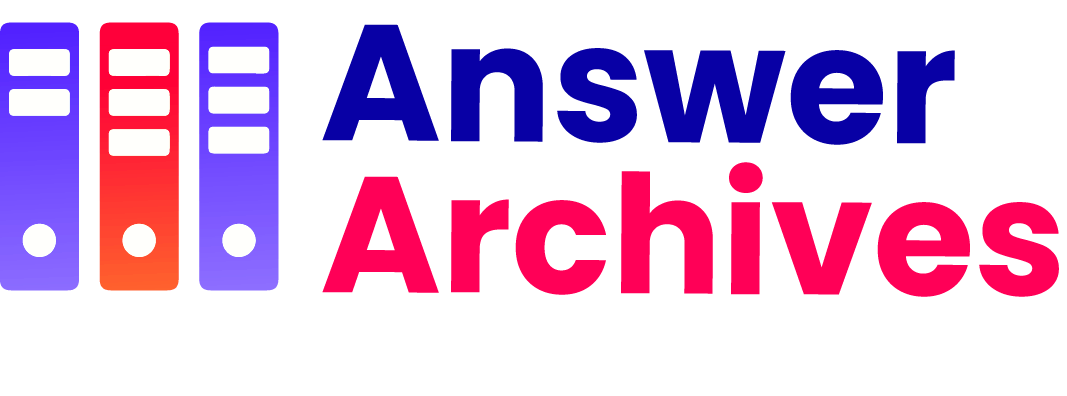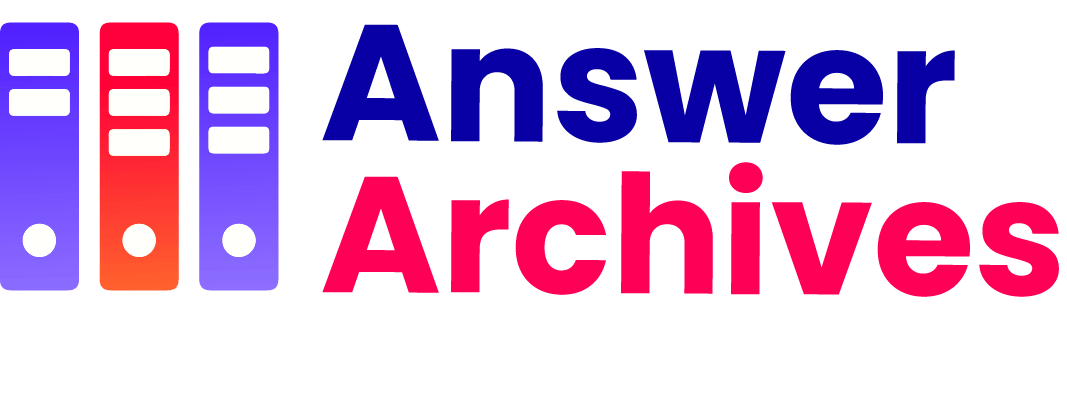Table of Contents
Navigating job transitions can be a daunting task, but with the right strategies, you can achieve a seamless career move. By focusing on key areas, you can ensure a smoother transition to your new role.
Understanding Your Motivations
Before diving into a job transition, it’s vital to understand why you want to make a change. Are you seeking new challenges, better benefits, or a healthier work-life balance? Clearly defining what&8217;s driving your decision can help focus your job search and narrow down potential opportunities. Reflect on past roles to identify what you enjoyed and what you didn&8217;t. This way, you can target companies and positions that better align with your career goals. By comprehending your motivations, you’re setting a solid foundation for your job transition and increasing the likelihood of long-term satisfaction with your new role.
Skill Assessment and Development
Another key element in mastering job transitions is assessing and developing your skills. Take an inventory of your current abilities and compare them to the skills required in your desired role. Identifying gaps will allow you to target specific areas for improvement. Consider enrolling in courses, attending workshops, or seeking mentorship opportunities to bolster your qualifications. This proactive approach not only makes you a more competitive candidate but also boosts your confidence as you move forward in your career. Lifelong learning is essential, so always be on the lookout for ways to shore up your skills and stay relevant in an ever-evolving job market.
Networking Effectively
Networking plays a crucial role in job transitions. Building and maintaining professional relationships can open doors to opportunities you might not find through traditional job search methods. Utilize platforms like LinkedIn to connect with industry peers and join professional groups. Attend industry events, webinars, and conferences to meet new contacts and strengthen existing relationships. Networking isn’t just about reaching out when you need something; it’s about cultivating genuine, reciprocal connections. By helping others and contributing to your professional community, you build a network that is more likely to support you during your job transition.
Crafting a Compelling Resume and Cover Letter
Your resume and cover letter are your first impression with potential employers, so they must be compelling. Tailor your resume to highlight relevant experience and skills for each job you apply to. Use action verbs and quantifiable achievements to convey your contributions in previous roles. Your cover letter should tell a story about why you’re the ideal candidate for the position, incorporating specifics about the company and how your background meets their needs. A well-crafted resume and cover letter can significantly increase your chances of landing an interview and ultimately securing the job.
Acing the Interview
Interviews are critical in the job transition process. Preparation is key to acing your interview. Research the company thoroughly to understand its culture, values, and challenges. Practice common interview questions and develop thoughtful answers that showcase your skills and experiences. Prepare questions of your own to demonstrate your interest in the role and company. Body language is also important, so practice maintaining eye contact, sitting upright, and offering a firm handshake. By thoroughly preparing, you can reduce anxiety and present yourself as a confident, capable candidate.
Managing Your Finances
Job transitions can sometimes come with financial uncertainty, so it’s crucial to manage your finances carefully. Save an emergency fund that can cover at least three to six months of living expenses. Budget tightly during the transition period to stretch your resources and avoid unnecessary expenses. If your job change involves a pay cut or a move to a different city with a higher cost of living, planning becomes even more critical. Proper financial planning ensures you remain stable and can focus on your new role instead of stressing over financial pressures.
Embracing Change and Practicing Self-Care
Finally, embracing change and practicing self-care are essential during a job transition. Change can be stressful, but maintaining a positive attitude can make the process smoother. Stay adaptable and open to new experiences and learning opportunities that your new role may offer. Self-care practices like regular exercise, healthy eating, and sufficient sleep are crucial to maintaining your mental and physical well-being during this time. Finding time to relax and unwind can help you better manage stress and stay focused on your career goals. By taking care of yourself, you set the stage for a successful job transition.


